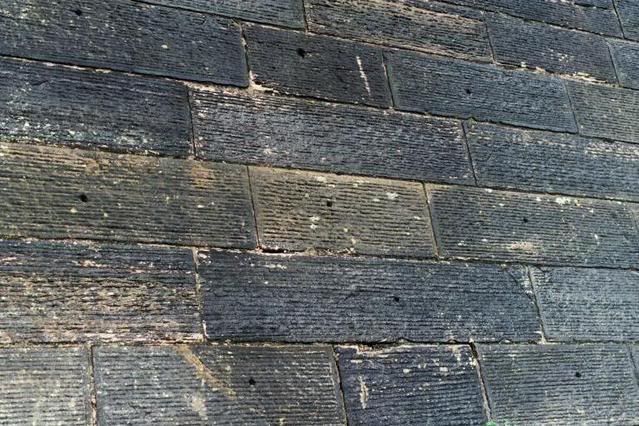A recently joined HG member was signposted to me becuase of my enduring fascination with Duke Street prison. I thought it appropriate to copy most of my pm reply here as a sort of recap.
The Hidden Glasgow thread on Duke Street prison is about the best and most accessible source of information on Duke Street prison you will find. I have found the prison to be the most interesting and at the same time most frustrating item in Glasgow’s modern history. Frustrating because there is scant to almost nothing in either the physical documentary history or oral folk history or even anecdote about it; other than most of which you will find on Hidden Glasgow.
It has even been suggested to me that because for its later life it was a womans’ prison in a time when society was more straight-laced and socially censuring, you and your family would not want to let on that you knew too much about something like Duke Street prison!
Yet this lack of accessible history is despite the fact that Duke Street prison was one of the biggest civic construction programmes in its time. It was a masterstroke in Glasgow’s early 19th century ambitions to accrue more civic and political power to itself in West Central Scotland (another poster confirmed it was called the prison ‘for Glasgow and Barony’).
It became Scotland’s main place of execution by hanging from the neck (capital punishment in the time of a less civilised society) until that mantle (ouch!) passed to Barlinnie.
Prisoners included the later ‘Red Clydeside MP Emanuel Shinewell arrested after the infamous incidents in George Square in Jan 1919. Perhaps that was why an ex head of MI5 was one of the last of the Duke Street Governors

.
Another suggestion made to me about the lack of documentary evidence is that because the prison would have been managed by HM Prison Service (as part of the Home Office at the time perhaps?) the tracing of archives would now be very difficult.
An indication that the suggestion of closed prison service history may be true, is that an elderly relative of someone who worked at the prison did allow me sight of some precious photographs and bits of paper, but only on my strictest promise not to say anything about her, her relative or the material. She could not be persuaded in any way that this would not even now be some kind of ‘breaking the prison service rules’ – and who am I to contest such an enduring sense of service and discretion?
(Bits and pieces on the 19919 George Square suppression from elsewhere include:- In the immediate aftermath of 31 Jan 1919 'Bloody Friday', as it became known, Government concerns about industrial militancy and revolutionary political activity in Glasgow reached new heights. Fears within government of a workers' revolution in Glasgow led to the deployment of troops and tanks in the city.
Howitzers were positioned in the City Chambers, the cattle market was transformed into a tank depot, machine guns were posted on the top of hotels and, remembering Easter 1916, the main post office, and armed troops stood sentry outside power stations and patrolled the streets. This was the only time in British history that tanks were used against workers - ordered in by Winston Churchill who had an almost pathological hatred of Trade Unionists.)
